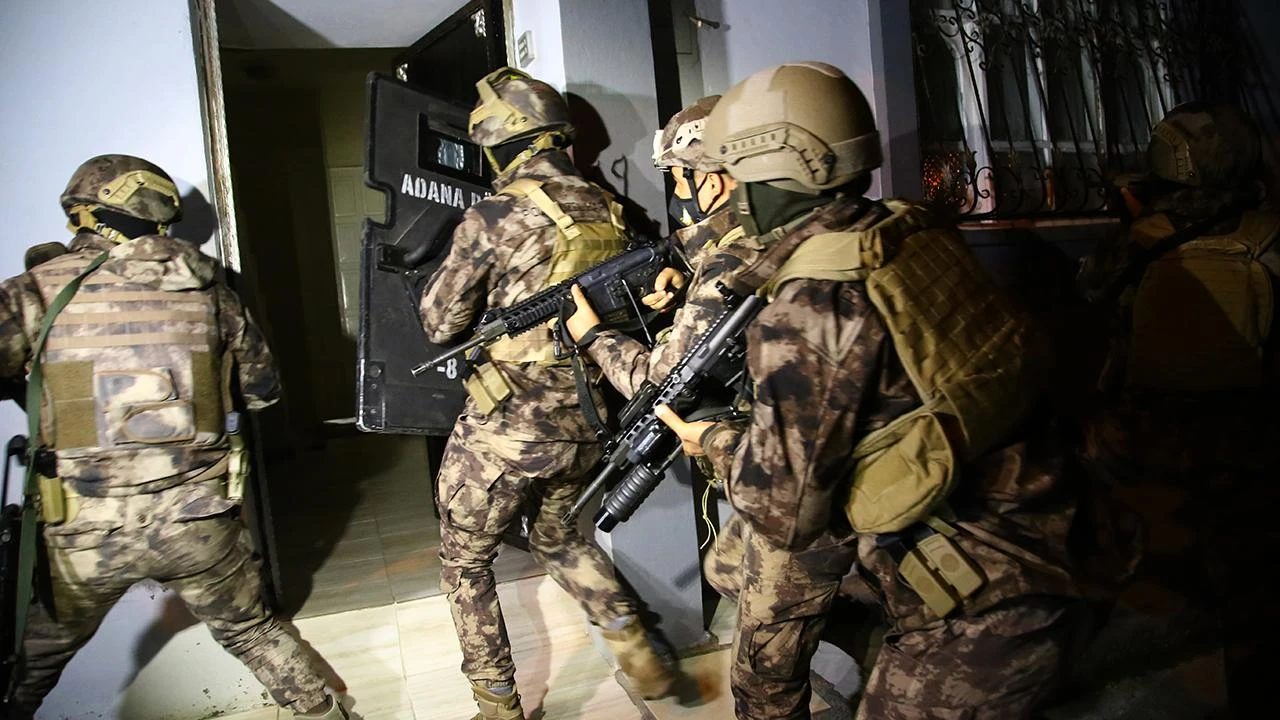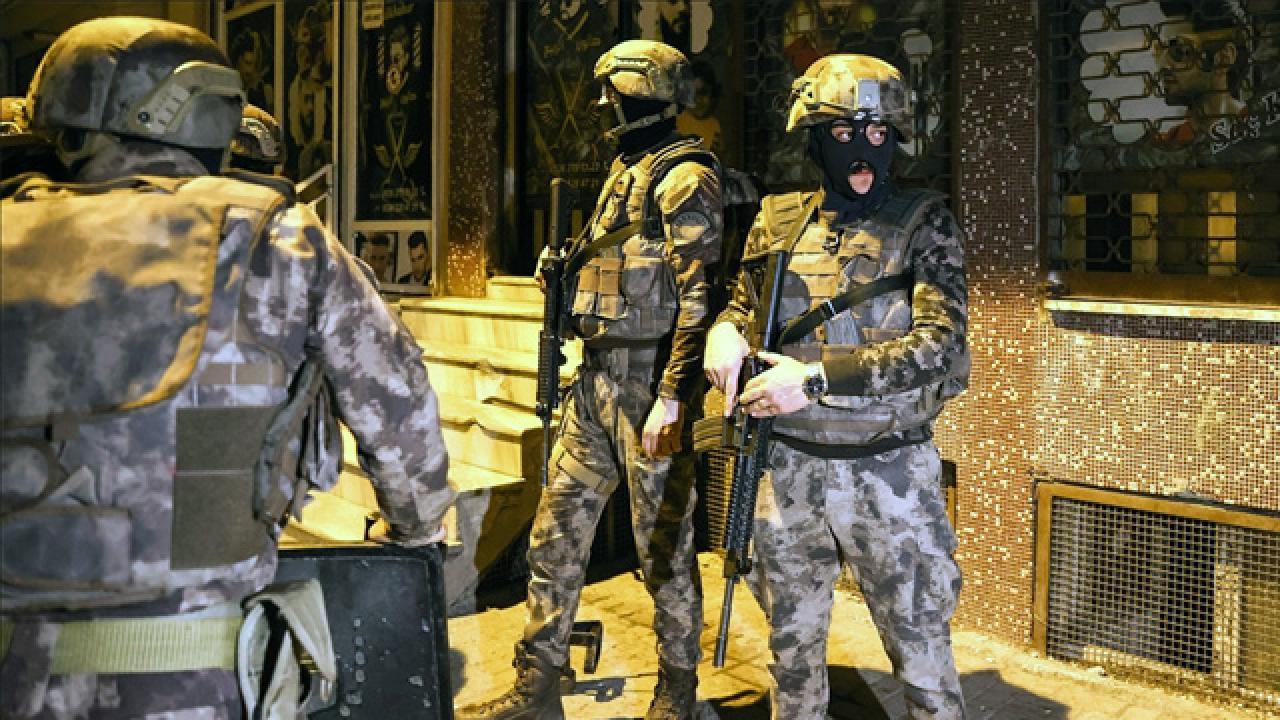23 arrested in Istanbul as charter linked to Daesh terrorist group uncovered
 Footages from the police operation targeting Daesh terrorist organization in Istanbul, Türkiye on an unknown date, photo accessed on November 4, 2024. (AA Photo)
Footages from the police operation targeting Daesh terrorist organization in Istanbul, Türkiye on an unknown date, photo accessed on November 4, 2024. (AA Photo)
Authorities in Istanbul have uncovered a purported charter linked to the terrorist organization Daesh as part of an ongoing investigation that led to the arrest of 23 suspects.
The discovery came after police operations targeted those allegedly involved in illegal religious activities under the name “Ahidder.”
Details of investigation
The Istanbul Chief Public Prosecutor’s Office, through its Counterterrorism Bureau, has been investigating individuals affiliated with the group “Ahidder,” which is accused of operating unauthorized places of worship and educational activities linked to the Daesh terrorist organization.
During the investigation, a document referred to as the “community charter” was revealed, outlining internal rules for the group.
Key findings in charter
The alleged document specifies a requirement for individuals seeking roles within the organization to contribute at least ₺500 ($14) under the term “ahid.” The structure detailed in the document included organizational units for finance, education, media, recruitment, and outreach.
Group members were reportedly assigned roles based on their skills, and unit leaders were appointed by a so-called “general commander.”
The charter also described obligations for group members, such as participating in five-year home study sessions and following organizational rules. In cases of detention, members were instructed to follow the lead of a designated “prison commander.”

Security operations and arrests
The Istanbul Counterterrorism Unit conducted simultaneous raids in 10 districts, resulting in the detention of 34 individuals. The operations targeted suspects identified as financial facilitators and organizers of Daesh-linked activities, including illegal religious teachings and fundraising through charity practices like fitra, zakat and infaq.
Following the investigations, 23 suspects were formally arrested. Judicial measures, including a signing obligation, were placed on 10 individuals, while one suspect was put under house arrest.
Digital evidence and threats identified
Authorities examining digital evidence found speeches containing threats against Jewish people and places of worship. The charter itself was reportedly treated as a confidential document, with provisions that case files should not be shared without permission from the group’s “prison commander.”
Ahidder’s alleged role
The investigation highlighted that “Ahidder” played a role in organizing unauthorized religious sites and activities. Law enforcement identified suspect M.K. as a key figure, allegedly responsible for organizing unlawful teachings and events. The group reportedly collected financial contributions under the guise of religious charity to fund its activities.



